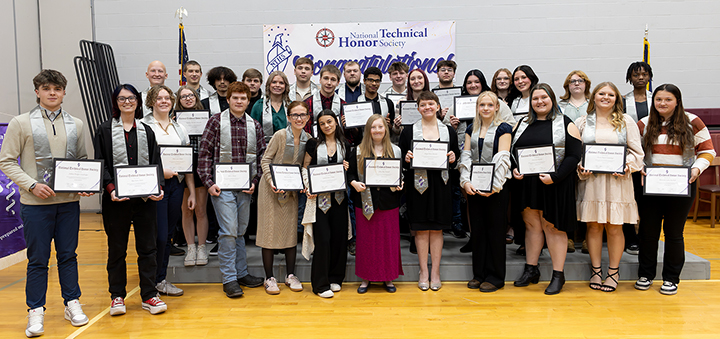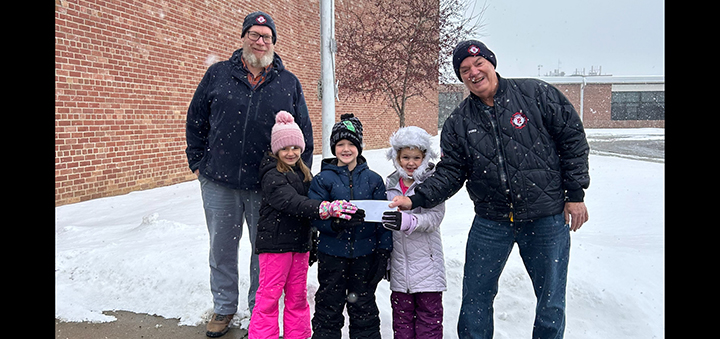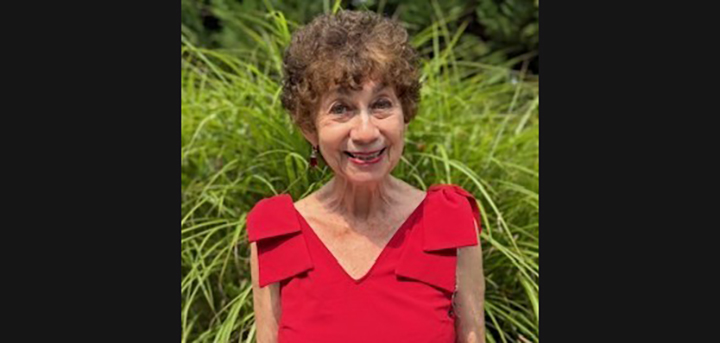Holocaust survivor speaks to Norwich Middle School students
By Katherine Waters
Sun Staff Intern
NORWICH – An 88-year-old Holocaust survivor spoke to an audience of Norwich Middle School students last Friday, relating the experiences of her ordeal and how it has changed her life.
Helen Sperling began her presentation with a simple fact: “I am a Jew and a survivor of the Holocaust.”
From that point on, she told students about her experience as a young woman living in Nazi-occupied Poland.
“I was very well loved, very spoiled, and very independent,” said Sperling, referencing her childhood. She said her family was large and celebrated many birthdays and holidays at her grandparents’ house and then her house after her grandparents died. But it was in 1939 when the German Army first marched through Sperling’s hometown near Warsaw, Poland and forever changed her life.
Prior to the German occupation of her native country, Sperling said she and her parents knew what was going with the rise of Adolph Hitler.
“We knew what was going on in the world, but we didn’t want to believe, to see the truth.” She remembered the German occupation began innocently enough. “At first they wanted (Jews) to register; we should have known,” she said.






Comments